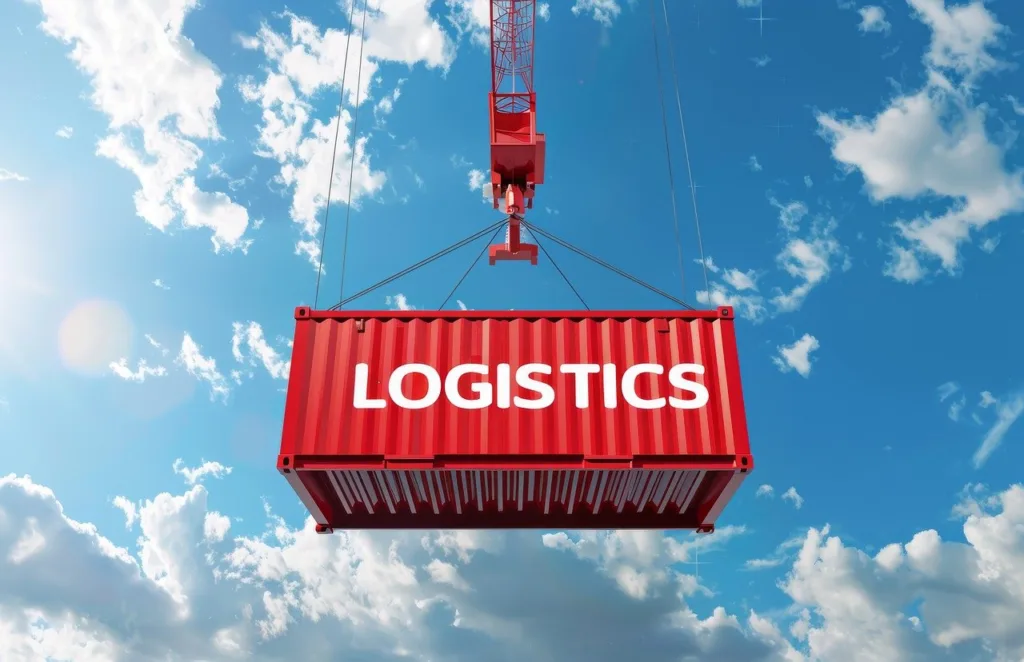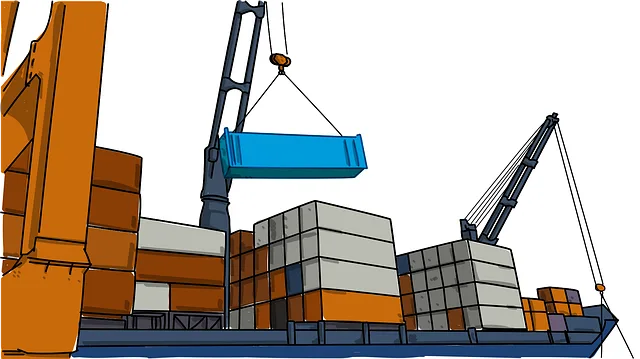Discover how cross trade can streamline international shipping and learn essential information like HTS codes and Incoterms for successful logistics management.
What is Cross Trade?
Cross trade is a logistics term used to describe the process of shipping goods directly from one foreign country to another, bypassing the seller’s home country. This method involves three key parties: the seller (exporter) in one country, the buyer (importer) in another, and a logistics provider managing the shipment. Cross trade can simplify the shipping process, reduce costs, and improve delivery times, making it an attractive option for global businesses.
Benefits of Cross Trade
Cross trade offers several advantages to shippers:
- Cost Efficiency: By bypassing the seller’s home country, cross trade reduces transit times and handling fees, resulting in lower overall shipping costs.
- Direct Shipping: Goods move directly from the manufacturer to the buyer, similar to drop shipping, minimizing delays associated with transiting through an intermediary country.
- Global Market Reach: Cross trade enables businesses to tap into new markets without needing a physical presence in every country.
- Streamlined Logistics: Working with a logistics provider familiar with cross trade can simplify customs procedures and documentation, ensuring smooth transit.

Essential Considerations for Cross Trade
When routing shipments via cross trade, shippers should be well-prepared to manage key details. Here are examples of critical factors to consider:
HTS Codes
Harmonized Tariff Schedule (HTS) codes are essential for international shipping. These codes classify products for customs duties and taxes. Accurate HTS codes help avoid delays and ensure compliance with trade regulations. Shippers must research and provide the correct HTS code for their products when engaging in cross trade.
Incoterms
Incoterms, or International Commercial Terms, define the responsibilities of buyers and sellers in international transactions. They clarify who is responsible for shipping costs, insurance, and risk during transportation. Understanding the appropriate Incoterm for your shipment is crucial in cross trade scenarios. Common Incoterms include FOB (Free on Board), CIF (Cost, Insurance, and Freight), and DDP (Delivered Duty Paid).
Duties
Duties are tariffs or taxes imposed by governments on imported goods and are a critical consideration for shippers engaging in international trade. To avoid unexpected costs and delays, shippers should calculate their duties ahead of time. This process involves determining the correct Harmonized Tariff Schedule (HTS) code for their products, as the duty rate can vary significantly based on classification.
Additionally, shippers should factor in any applicable free trade agreements or exemptions that may reduce their duty obligations. Knowing the total duty cost allows shippers to plan their budgets more accurately, adjust pricing strategies, and ensure compliance with customs regulations. By incorporating duty calculations into their logistics planning, shippers can mitigate risks and enhance their overall efficiency in cross-border transactions.
First Time International Shipping Tips
If you are routing an international shipment for the first time, it’s essential to know that importing or exporting is more typical. These processes often have established procedures and documentation requirements. To ensure a smooth first time international shipping experience, consider the following:
- Research Regulations: Familiarize yourself with import/export regulations in both the origin and destination countries.
- Consult Our First-Time Shipping Guide: We offer a comprehensive guide tailored for first-time shippers. This resource provides valuable insights into the shipping process, including required documentation, customs procedures, and best practices.
- Work with a Logistics Provider: Partnering with an experienced logistics provider can simplify the complexities of international shipping. They can assist you in managing customs, BOL documentation, and actual global transportation & logistics services.

Cross trade presents a valuable opportunity for businesses looking to optimize their international shipping processes. By understanding key components like HTS codes, Incoterms, and best practices for first-time shipping, shippers can navigate global shipping effectively. For those seeking to expand their market reach while maintaining cost efficiency, the use of a TMS system is a powerful tool in modern logistics. If you’re considering TLI for your next shipment, ensure you’re well-prepared and informed to make the most of this logistics strategy.
